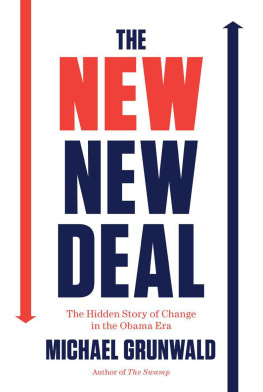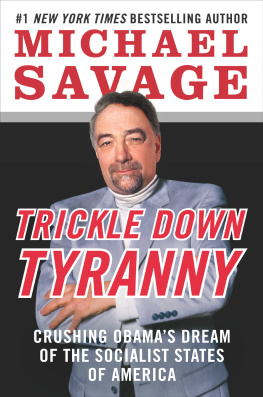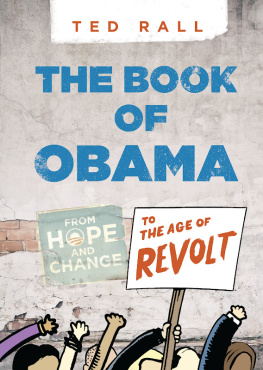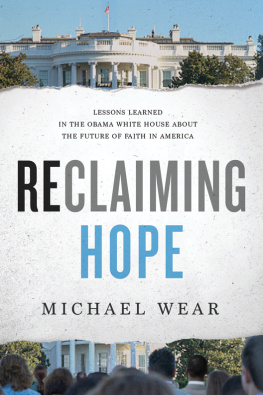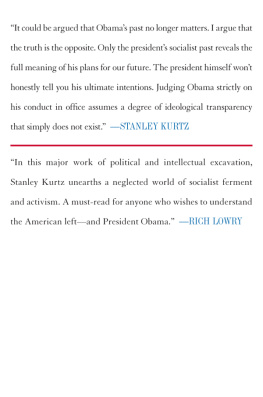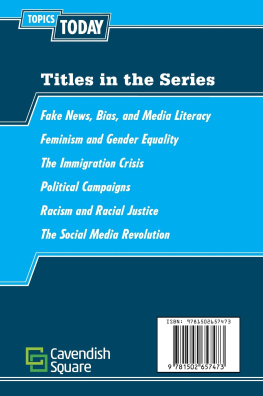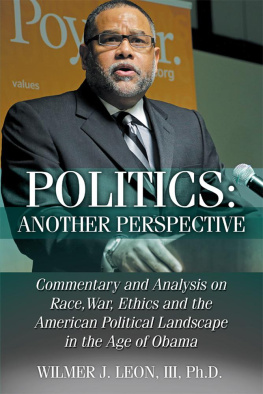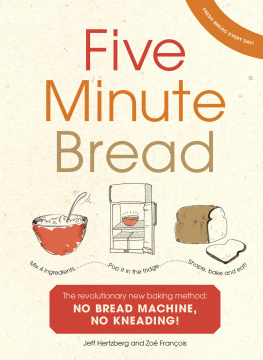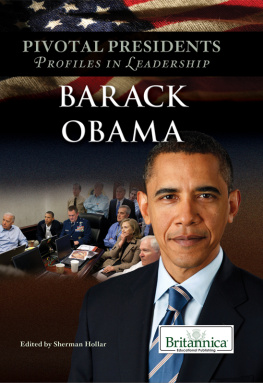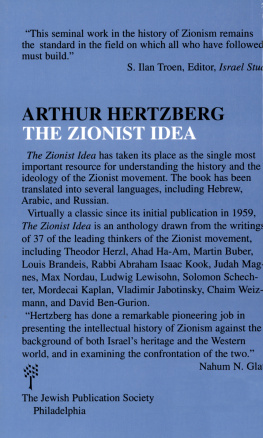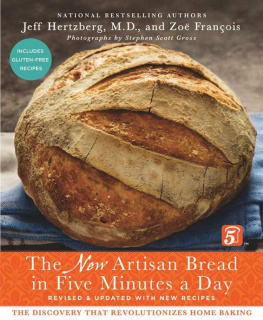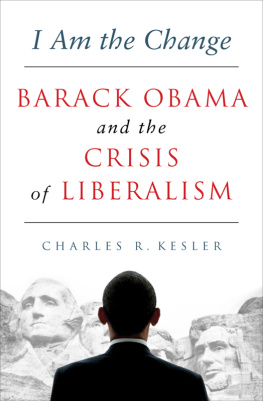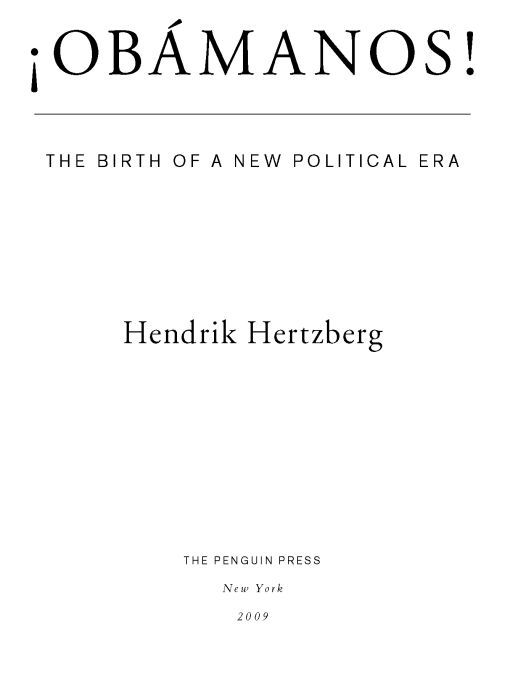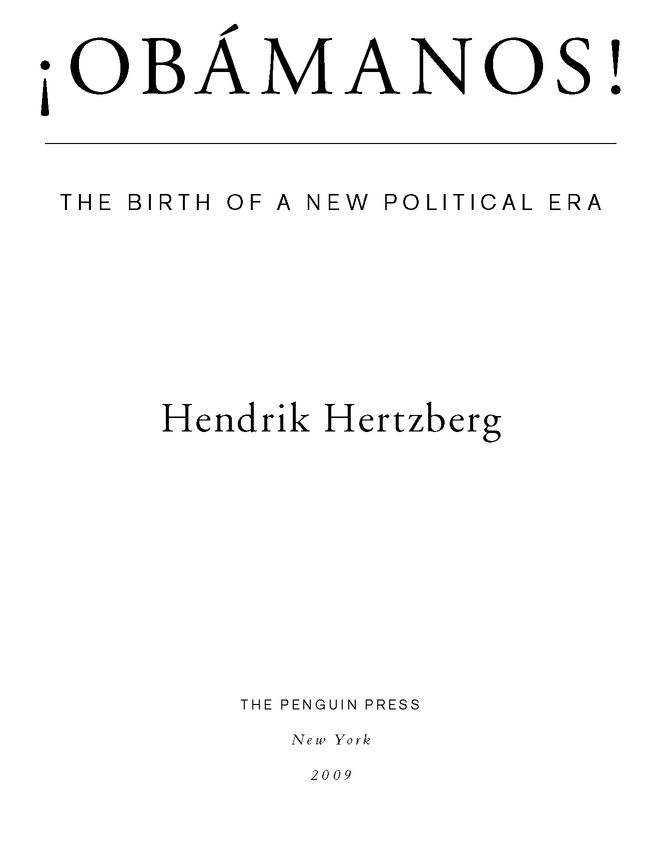Table of Contents
ALSO BY HENDRIK HERTZBERG
Politics: Observations & Arguments
For Wolf Hertzberg
INTRODUCTION
My Barack Obama
The presidential election that put Barack Obama in the White House has been variously called the most important, the most exciting, the most surprising, the most significant, the most consequential, and the most expensive in the modern history of the United States. The most expensive it certainly was, as was the one before and the one before that. What about the rest of the mosts?
Ive been counting, and it turns out that this presidential election was the fifteenth since I started paying attention. The fifteenth! More than one-quarter of all the fifty-six presidential elections in all of American history! And Ive been a participant of sorts in every single one of them, beginning as a nine-year-old fourth grader in 1952 (when I helped my mother stuff envelopes and pass out buttons at a storefront Stevenson headquarters in our bucolically Republican suburban village) and then, every four years since, as a volunteer, a reporter, a speechwriter, or a purveyor of observation and opinion. I can honestly say that this onethe campaign and election of 2007 and 2008was, whatever its historical importance and the rest, the most nerve-wracking Ive ever experienced. Also, in the end, the most satisfying.
I cast my first vote in 1964, for Lyndon Johnson, and have voted for every Democratic nominee since. Its never been a difficult callnot even in 1968, when, like a lot of people my age (I was in the Navy at the time, but stationed in lower Manhattan and spending evenings doing dogwork at Bobby Kennedys midtown headquarters), I hated the Vietnam War and loved R.F.K. I looked upon Hubert Humphrey with a mixture of contempt and pity, but come November I voted for him anyway; I felt sure there was still a good heart under all that cringing, and I thought hed probably make a decent president. Also, remember his Republican opponent.
I value political liberty and political rights (freedom of thought, speech, conscience, and the press, the right to vote, civic equality) more highly than economic liberty and economic rights (property rights, freedom of enterprise, freedom from want, economic equality). Im in favor of progressive taxation and generous public provision of education, pensions, and health care. I think people should have enough to eat and a roof over their heads, even if they havent done much to deserve it. I reject the idea that the market is the singular bedrock of society while everything else is a parasitical growth. I want government to do something about environmental degradation and gross social and economic inequality. Im a secularist and a supporter of equal rights for women and gays. And when it comes to wanting World Peace Im practically a Miss America contestant. So Im a liberal.
I also believe in taking account of political reality, though Im not completely without sympathy for those who dont. My father, who cast his first vote in 1932, and my mother, who cast hers in 1940, never voted for anybody except Norman Thomas until 1952, when the Socialist Party nominated someone else and Mom and Dad finally got around to taking a dip in the mainstream. I dont fault them in the slightest, because (a) Norman was their dear friend (in 1941 he attended their wedding; two years later, he sent me a letter welcoming me into the world and complimenting me on my choice of parents), (b) he was a great man and a moral paragon, and (c) there was no danger he would inadvertently hand the White House to the Republicans, F.D.R. being a perennial shoo-in. (Nineteen forty-eight is a tougher case, but it wouldnt have been the end of the world if that Chicago Daily Tribune headline had turned out to be accurate. Thomas E. Dewey, though a stiff with a silly mustache, was a moderate and an internationalist.)
Nevertheless, as my folks eventually came to see, there are less risky, equally effective ways to introduce the public to progressive ideas than mounting third-party potential spoiler candidacies for president. As long as our elections are plurality winner-take-all affairs, we are going to haveand were better off havingtwo big parties that square off against each other after choosing their nominees in a free-for-all. Its like the National League and the American League: youve got to win the pennant if you want a shot at the Series. In the United States, in other words, if you want to participate in the kind of electoral politics that, potentially or actually, has something to do with governmental power, youre either a Democrat or a Republican.
So Im a Democrat. For fifteen straight elections Ive always wanted the Democrat to win, and Ive always ended up trying to do my part to make that happen. But how deeply my emotions get invested in the effort has depended, now that I think about it, on three things. First, the apparent scariness, dangerousness, or wickedness of the Republican nomineea big factor in 1960, 68, and 72 (Nixon), 1980 (Reagan), and 2004 (Bush fils), a less important one, for me, in 1952 and 56 (Eisenhower), 1976 (Ford), 1984 (Reagan), 1988 and 92 (Bush pre), 1996 (Dole), and 2000 (Bush fils, whose lineage and compassionate conservative prattle, along with the relatively stable national and international outlook Clinton left behind, offered few hints that he would be either willing or able to inflict historical levels of national and global destruction). Second, the talents or potential transformativeness of the Democratic nomineefor me, an unusually important factor only in 1960 (J.F.K.), 1992 (Clinton), and, to a lesser extent, 2000 (Gore). Third, the closeness of the race: when defeat is a foregone conclusion, as it was in 1956, 1972, 1984, and, well before the end, 1988, one more or less automatically fortifies ones emotions against shock and despair.
The 1980 campaign was, for me, a special case. Four years earlier, I would have been disappointed but not devastated if Jimmy Carter had lost to President Ford, who wasnt such a bad fellow. I had no idea that, out of the blue, I would soon be recruited for the White House staff and that, in consequence, my life would be permanently divided into two periods: B.C.E. and A.D.Before Carters Election and After (his) Defeat. I had been deeply interested in politics B.C.E., but, from my perch as a gallivanting young reporter for the New Yorkers Talk of the Town section, I wrote mostly about other things: rock music, odd-ball Manhattan characters, baseball, what have you. (For a brief spell I moonlighted as Rolling Stones first movie critic.) A.D., it was pretty much all politics.
The four years I spent as a presidential speechwriter were the most intense of my working life, with the highest highs and the lowest lows. It would have been hard for a person to be more involved in a presidential campaign than I was the campaign of 1980, the final weeks of which I spent crisscrossing the country aboard Air Force One, a five-second walk from the presidents compartment. That campaign, it would seem, met all three of my criteria for emotional commitment. The Democratic candidate was no superherohis feet of clay were as familiar to me as his toothy smilebut his conscience was resolute and his integrity beyond doubt. I respected him deeply and very much wanted him to win. His opponent was a thoroughly alarming character, the kind of conservative who keeps


